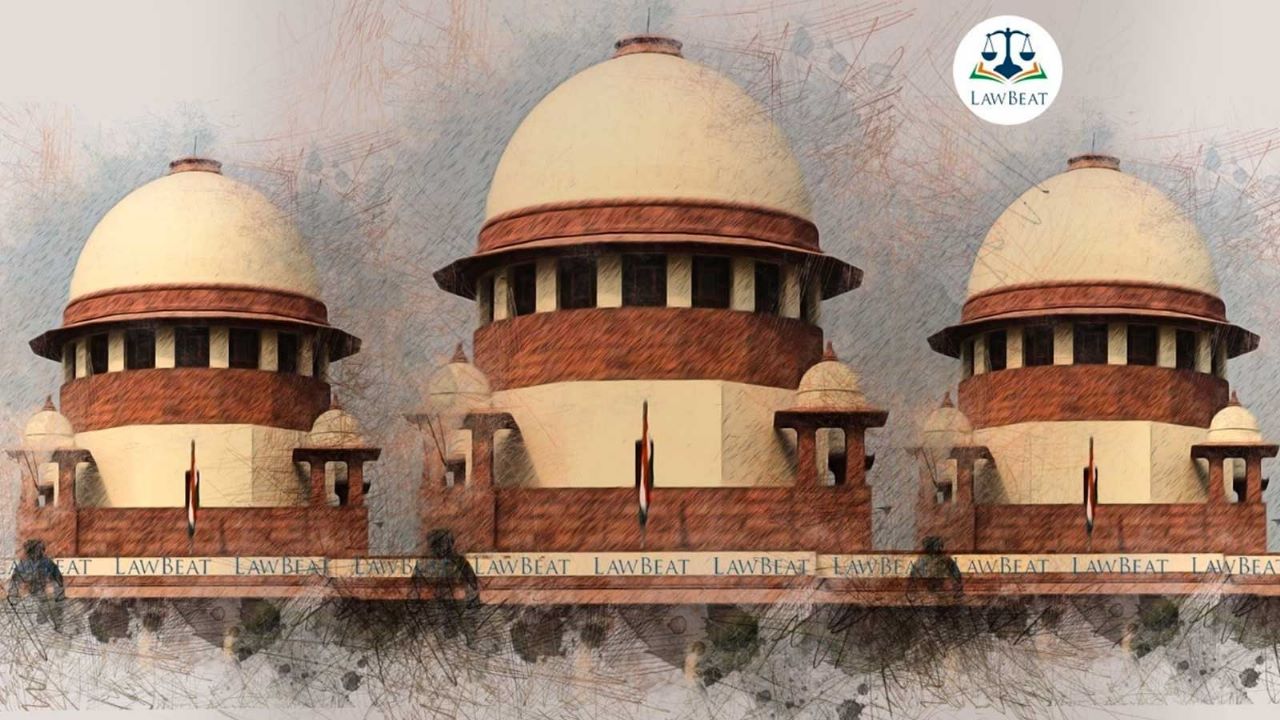"Courts not to be swung by emotions": Supreme Court on High Court suspending a doctor’s licence in contempt case

The Supreme Court has set aside Calcutta High Court's orders suspending licence to practice of a doctor in a contempt petition filed against him for raising an unauthorised construction as per the plan of Siliguri Municipal Corporation.
The top court also said while exercising contempt jurisdiction, the courts must not be hypersensitive or swung by emotions but must act judiciously.
A bench of Justices B R Gavai and Sanjay Karol revived licence of Gostho Behari Das saying "the punishment handed down to the contemnor is entirely foreign to the Contempt of Courts Act and, therefore, unsustainable” as matters concerning licence to practice medicine is governed by the National Medical Commission Act, 2019.
The bench also pointed out a reading of sub-¬section (1) of Section 12 of the Act shows that the punishment prescribed therein is simple imprisonment, not exceeding six months or a fine not exceeding Rs 2,000.
“Sub¬Section (2) reads ‘notwithstanding anything contained in any other law for the time being in force’ this implies that save and except the punishment provided in sub¬-section (1) no other punishment can be prescribed to a person guilty of committing contempt of Court," the bench said.
The court pointed out that the grant, regulation, and suspension of the licence to practice medicine is governed by the National Medical Commission Act, 2019. It facilitates the maintenance of a medical register for India and enforces high ethical standards in regards to all aspects of medical services. A statutory body namely the National Medical Commission looks after these activities, the bench said.
"The power to punish a registered medical practitioner for misconduct rest exclusively with the body envisaged under this Act," it said.
Dealing with an appeal filed by Das, the bench framed the question whether such a punishment, suspending a doctor's licence, could be handed down under the Contempt of Courts Act, 1971 .
“The court has time and again asserted that the contempt jurisdiction enjoyed by the courts is only for the purpose of upholding the majority of the judicial system that exists. While exercising this power, the courts must not be hypersensitive or swung by emotions but must act judiciously. The principle of sparing use stood reiterated in Prashant Bhushan, In re-on the aspect of punishment under a specified statute (2021),” the bench said.
The top court allowed the appeal filed by Das against the High Court's orders, saying in awarding such punishment, it showed complete disregard for the statutory text of the Contempt of Courts Act 1971, which is abundantly clear.
The bench said a medical practitioner guilty of contempt of court may also be so for professional misconduct but the same would depend on the gravity/nature of the contemptuous conduct of the person in question.
“They are, however, offences separate and distinct from each other. The former is regulated by the Contempt of Court Act, 1971 and the latter is under the jurisdiction of the National Medical Commission Act, 2019," the bench said.
